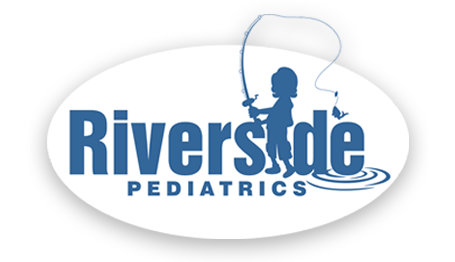ICD10
-
F84.0
Can medications help my child?
While medications will not change your child's autism spectrum disorder (ASD), they can be helpful when added to other treatments to help your child's development and learning. Medications might help for
-
Aggression
-
Anxiety or nervousness
-
Hyperactivity
-
Impulsivity, or acting without thinking about it
-
Inattention (not paying attention)
-
Irritability (getting upset easily)
-
Mood changes
-
Repetitive behaviors
-
Self-injury
-
Sleep problems
What types of medications are used?
-
Stimulants can be used to treat hyperactivity and not paying attention.
-
Atypical antipsychotics can be used to treat irritability/getting upset easily.
-
Selective serotonin reuptake inhibitors (SSRIs) can be used to treat anxiety (or nervousness) and depression.
-
α2-adrenergic agonists can be used to treat hyperactivity.
-
Anticonvulsants can be used to treat seizures.
-
At this time, risperidone and aripiprazole (both atypical antipsychotics) are the only medications that have been approved by the US Food and Drug Administration specifically for children with ASD and are approved to treat irritability (including aggression, deliberate self-harm, and tantrums).
The medication you choose depends on your child and his unique behaviors. Medications are not helpful for all children with ASD or for all problem behaviors. Medication may be prescribed by the child's pediatrician or family doctor or by a specialist.
What should I do before my child starts a medication?
Work with your doctor to decide if and when to start a medication. It is important to find out if there are any things that might be making the behavior happen for longer or more often. Look for medical factors that might be causing or increasing the intensity or occurrences of behavior. For example, your child may have a hidden source of pain, such as an ear infection, that leads to self-harm. Maybe a change in routine at school or home is upsetting your child. Sometimes, if you address these things, there is no longer a need for medication.
Talk about treatment options other than medication. Often, behavioral strategies are the best way to decrease problem behaviors. Behavioral strategies may be started first, and if they do not seem to work, you may want to start a medication. Medications are most often used with behavioral strategies, not instead of them. Once in a while, medication may be needed by itself when the safety of the child or others is at risk.
Your child's pediatrician may recommend medication for your child if problem behaviors make learning, socializing, health and safety, or quality of life hard. If your child is not responding to behavioral treatments, she may have another diagnosis, such as depression or epilepsy, that is treated with medication.
Ask your child's pediatrician about benefits and side effects of any medication. It is important for everyone who cares for your child, including family, teachers, school nurses, and other caregivers, to know what to expect. You should also tell your child's doctor what other medications, including dietary supplements and other treatments, your child is taking.
What happens after my child starts a medication?
Many children with ASD do not need to be treated with medication.
Before a medication is started, it is important to know what the goal is for the medication. If it is to decrease a particular behavior and to increase other behaviors, then those "target behaviors" should be listed and shared. Since any medication can have side effects, it is also important to know what they are and to watch for them. Your child's pediatrician may ask you to fill out a checklist to help watch for behavioral changes or side effects. Your child's pediatrician may want teachers, therapists, and other caregivers to tell you about changes they see in your child. With some medications, your child may need blood tests or heart monitoring from time to time to watch for possible side effects of the medications.
Your child's doctor may recommend changes in the amount of the medication depending on how well it is working and whether there are any side effects. The amount may also change as your child grows. Your child's pediatrician should continue giving a medication only if the benefits are greater than any side effects.
How can we use medications safely?
Generic medications usually cost less than brand-name ones. These have the same chemical formula, but they may not be exactly the same strength as brand-name medications. Ask your child's pediatrician or pharmacist if your child should take a specific brand name of medicine. Medications come in different forms including liquid, tablet, capsule, and patch. Talk with your child's doctor about the options and what would work best for your child. Some medications must be renewed each month. Make sure you have a system to keep track of your child's medicine so that you do not run out.
If you think your child is using street drugs or alcohol, please tell the doctor right away.
Please note, printed information like this handout talks about children and adolescents in general. As researchers learn more, advice changes. Even experts don't always agree. Many medications have not been approved by the US Food and Drug Administration for use in children. For this reason, use for a certain problem or age-group is often not listed in the
If you have questions about the medication or if you notice anything unusual, please ask your child's doctor or nurse!
© 2020 American Academy of Pediatrics. All rights reserved. AAP Feed run on: 4/3/2025 Article information last modified on: 8/6/2023

